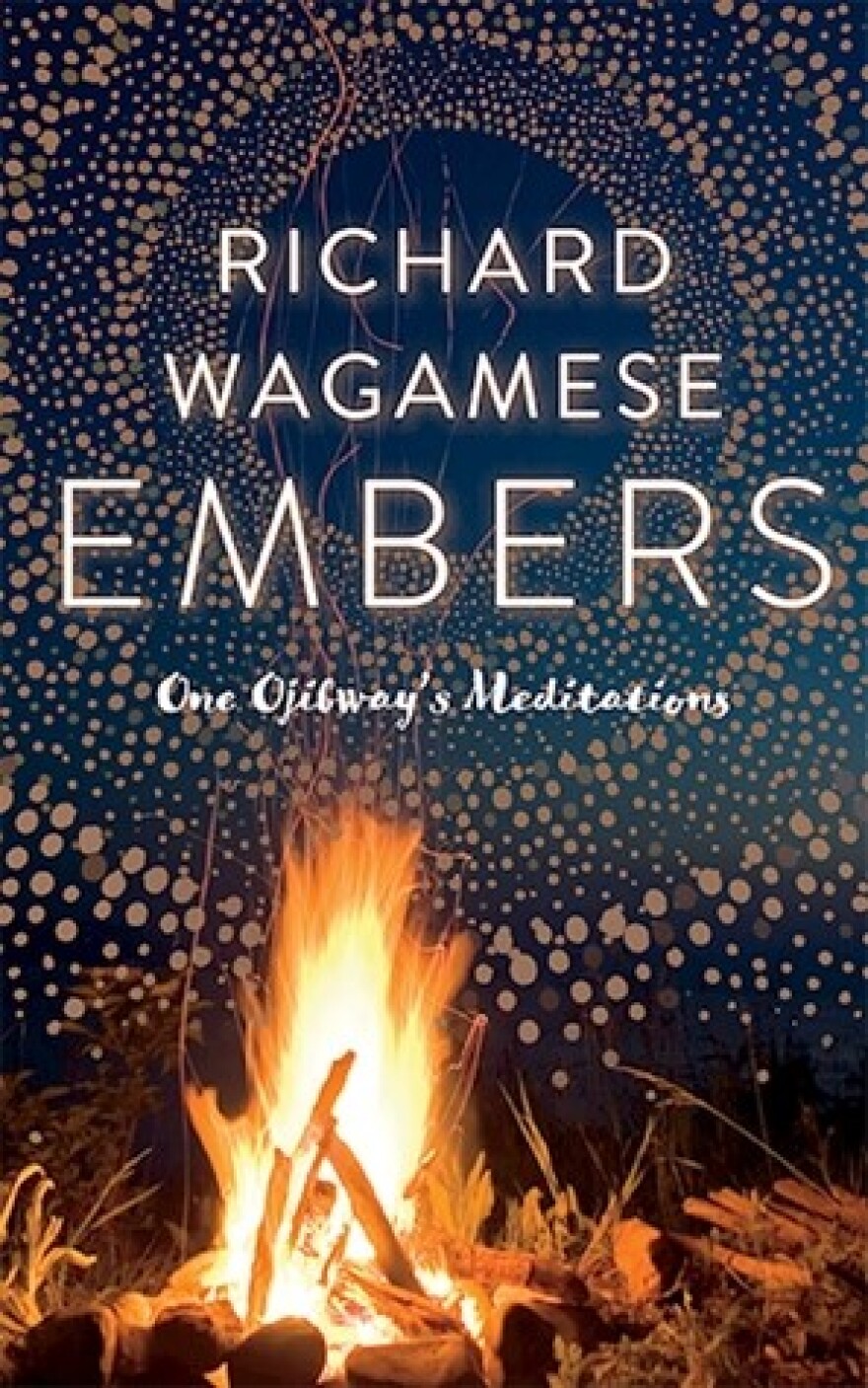In the novel Medicine Walk, Richard Wagamese writes a love song to the natural world. Wagamese published one book of poetry and a lot of journalism.
It is poetry, and its music, though, that colors the narration in this book. Wagamese describes his teenage hero Franklin Starlight this way: “Out here where he spent the bulk of his free time there was no need for elevated ideas or theories or talk, and if he was taciturn he was content in it, hearing symphonies in wind across a ridge and arias in the screech of hawks and eagles, the huff of grizzlies and the pierce of a wolf call against the unblinking eye of the moon.”
Franklin speaks almost curtly to his father and others. But inwardly, he has this rich life. He can hear multilayered “symphonies,” and with him, we enter a sacred place.
Almost every page has gorgeous descriptions of people, towns, rivers, mountains, like this portrait of a gritty mill town made memorable by Wagamese’s touch: “The plume from the stack downriver was like a ghostly geyser and the lights of the mill all orange and hazed like a carnival lot. On the far shore, the town disappeared into the shadows thrown by the dim run of lights along the thin streets. The line of mountain was a black seam above it all” (19). The human “carnival” is colorful, but nature, in the image of the mountain, is “above it all.” Lovely.
People are within Wagamese’s palette. The book describes Angie, the boy’s mother as a beauty: “Her face was a marvel. It was wide with a bold cut of a mouth and full lips. Behind the scarp of her cheekbones were eyes the rich black of obsidian, so that when her gaze fell on him, he felt absorbed” (183).
This visual panorama creates a subtext to Wagamese his novel. This in keeping with his personal life. In a Facebook posting (July 13, 2016, nine months before his death), he wrote about his plans for the day in a similar, poetic style: “I’m going to the land today. I’m going to sing, to pray, to sit in splendid isolation and hear the sound of my own heartbeat mingled with the heartbeat of the Earth that I feel through the bottoms of my feet... .” This could be Franklin or Becka or Bunky—any of the characters in Medicine Walk who listen to and understand the web of sounds around them.
This author’s gift for description and reflection led him to post numerous reflections on Facebook before his death in March 2017. They are short bits about his days festooned with meditative comments. They have the same poetry as the narrative voice in Medicine Walk. He published a collection of these works in an acclaimed book Embers: One Ojibway’s Mediations (Douglas & McIntyre). If you appreciate the symphonies of Medicine Walk, you may want to find this book with individual meditations, like this one, “I don’t want to be the kind of writer who can take the sun and turn it into a shining word in your imagination. I want to take a shining word and turn it into the sun for you” (Facebook Nov. 24. 2016).
https://www.facebook.com/richard.wagamese/posts/10154614302451287
http://anishinabeknews.ca/2016/11/20/wagamese-has-a-hit-with-his-new-collection-of-meditations/






